
My 3-Step Comprehension-Based Language Learning Routine
“They seek him here, they seek him there…” That old refrain from The Scarlet Pimpernel sums up my approach to language learning. In everything I do, I seek words and structures. I…

“They seek him here, they seek him there…” That old refrain from The Scarlet Pimpernel sums up my approach to language learning. In everything I do, I seek words and structures. I…
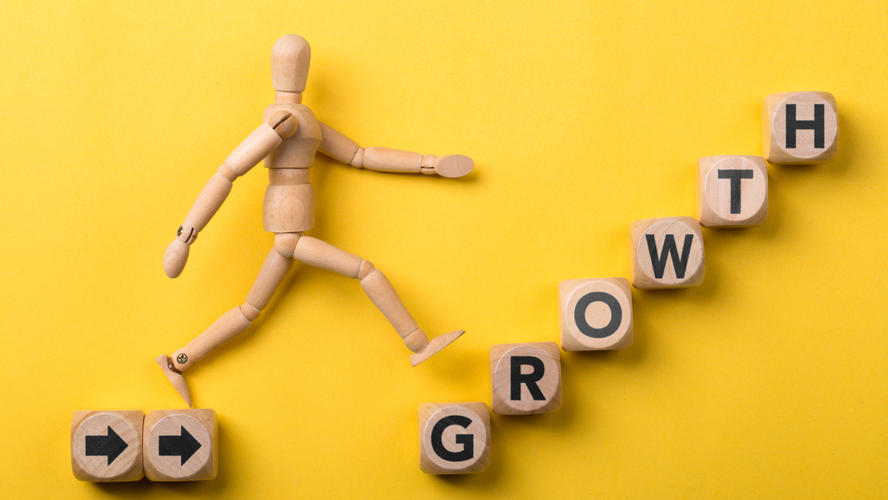
Language learning is a long journey, but it’s also a dynamic one. Your resources, priorities, and routines should change as you progress. Beginners, intermediates, and advanced learners all benefit from different kinds…
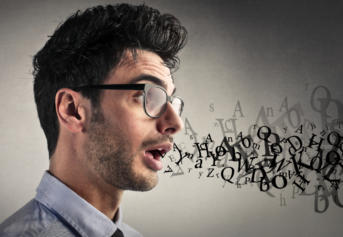
Conversation implies a two-way exchange of language. Therefore, reaching a conversational level implies quite a high level of comprehension of the language so that we can understand what is being said to us. That means in order to converse properly we need to prepare ourselves.

What is the hardest language to learn? It’s a question I’m asked often. Here I reveal the answer from my experience and give advice and tips on how to get the most out of your language learning, even if that language is a tough one.
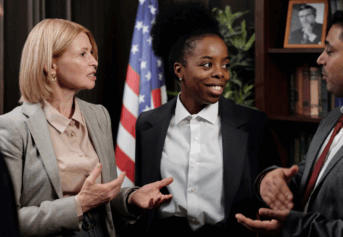
When deciding how to go about learning a language, it’s logical to turn to the U.S. Foreign Service Institute (FSI). Given the institution’s ample experience in language instruction, one can’t help but…

Language learning is a personal journey. But over time — and across more than 20 languages — I’ve noticed certain habits that consistently waste time or drain confidence. Confidence is critical to…
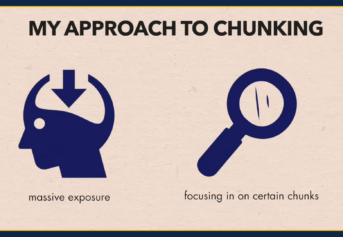
When we think about language learning, many of us immediately focus on vocabulary lists and grammar rules. In theory, with the right set of memorized words and structures, we should be able…

Comprehension questions are a staple of traditional language learning. You read a passage, listen to some audio, and then you answer questions to prove that you’ve understood. Sounds logical, right? Well, I…

Everywhere you look, people are selling the dream of instant progress in a new language. There are plenty of videos out there claiming that fluency can be achieved in three to six…
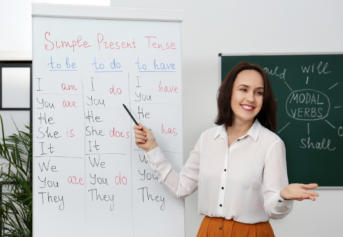
Muchos profesores insisten en la necesidad de dominar lo básico cuando estás aprendiendo un idioma. Sin embargo, yo propongo que esta lógica no es correcta ni productiva. Sí, puede parecer sorprendente o…